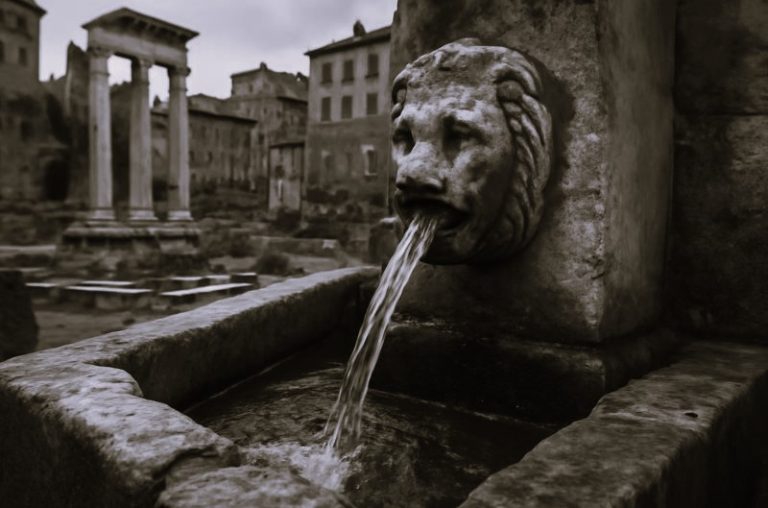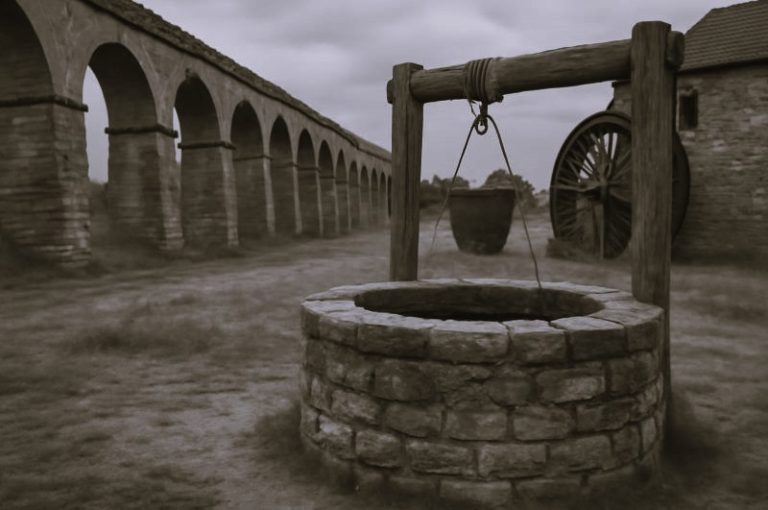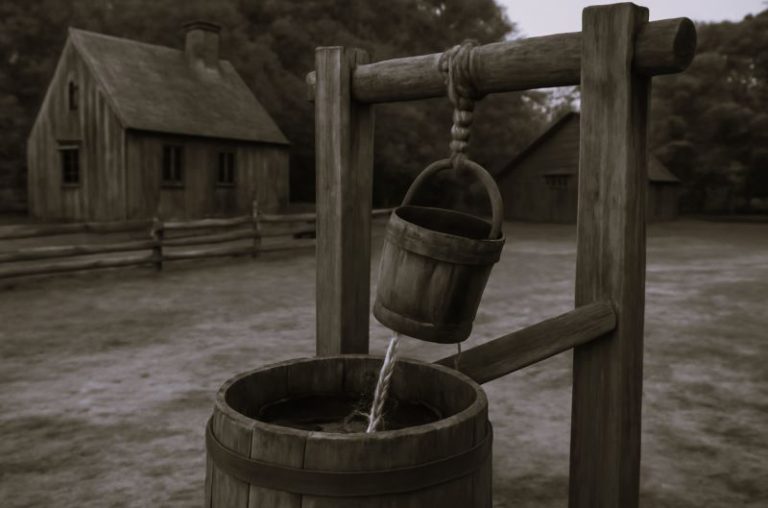By David Robertson / 10.31.2017
October 31, 2017 is the 500th anniversary of one of the most important events of Western history. It was then that German monk Martin Luther presented his Ninety Five Theses on the Power and Efficacy of Indulgences to his immediate ecclesiastical superior.
Catholic journalist Peter Stanford explains the importance of Luther’s actions to Western society:
“He [Luther] was thus challenging the entire late medieval way of doing things and the result was strikingly modern. For Luther championed conscience, informed by reading the scriptures, over the dictates of church rules and regulations. Read scripture and make your own mind up. This, in its turn, opened the door in the 17th and 18th centuries to Enlightenment notions of human liberty, free speech and even human rights, all of which today shape Europe.”
Military historian Thomas Leckwold explains what prompted Luther to write his 95 Theses:
“The German indignation toward the power of Rome reached a personified height of loathing by the Dominican seller of indulgences John Tetzel. Tetzel’s role was to raise money to pay the debt of the Archbishop of Mainz Albert of Brandenburg. Albert was the twice over archbishop who needed to raise money for the pope in exchange for being granted his position and was Luther’s archbishop. The pope intended to use this money to help pay for the finishing of the Basilica of Saint Peter in Rome. The quiet undercurrents were that Tetzel was fleecing the German people to help pay for their luxury lifestyle by using indulgences. This is what inspired Martin Luther to act.”
Peter Stanford elaborates:
“What Luther did in the 95 theses – which, incidentally, were sent to his local archbishop, not nailed to a door, a fanciful exaggeration put about by his followers after his death – was to tap into a deep vein of alienation among the poor in a fragmented Germany. They were disillusioned not only with the excesses and corruption of their pope and church, but also with their own local rulers in the jigsaw of states that made up their country.
Luther struck a chord with a congregation that felt exploited and ignored: on the one hand, fleeced to pay for lavish basilicas in Rome by the sale of worthless pieces of parchment known as indulgences that “guaranteed” a berth in heaven for loved ones (or themselves); and on the other, in the secular world, seeing the age-old ways on which their livelihoods depended overturned by the rise of a money economy.”
It was not Luther’s intent to start a religious revolution, but rather to rid the Roman Catholic Church of corruption, something that the current leader of the Roman Catholic Church is trying to do.
From Voice of America, 12/16/16:
“Pope Francis on Thursday denounced the resistance he’s encountering in reforming the Vatican bureaucracy, saying some of it is inspired by the devil and that the prelates who work for him must undergo “permanent purification” to serve the Catholic Church better.
For the third year in a row, Francis took the Vatican bureaucracy to task in his annual Christmas greeting. He said the reform process he was elected to push through in 2013 isn’t aimed at a superficial face-lift for the Holy See, but rather a profound change in mentality among his collaborators who run it.
“Dear brothers, it’s not the wrinkles in the church that you should fear, but the stains!” he said.
In 2014, Francis stunned the Vatican Curia, or administration, when he listed the 15 “spiritual ailments” its members were suffering. He accused them of using their careers to grab power and wealth, of living “hypocritical” double lives and of forgetting _ due to “spiritual Alzheimer’s” _ that they’re supposed to be joyful men of God.”
A CBS story from one year ago describes Pope Francis as acknowledging the corruption that Luther spoke against:
“Years ago, Francis spoke harshly of the Protestant reformers. But in the run-up to the trip [to Sweden], he has had only words of praise for Luther. He recently called the German theologian a reformer of his time who rightly criticized a church that was “no model to imitate.”
“There was corruption in the church, worldliness, attachment to money and power,” Francis told reporters this summer.
They are the same abuses Francis has criticized in the 21st-century Catholic Church he now leads.”
One does not have to be a theist in order to appreciate what Luther did 500 years ago. He set into motion a movement that resulted in Westerners gaining freedoms of speech, press and religion, which is why Peter Stanford’s above-quoted commentary is appropriately titled Five centuries on, Martin Luther should be feted as hero of liberty and free speech.








